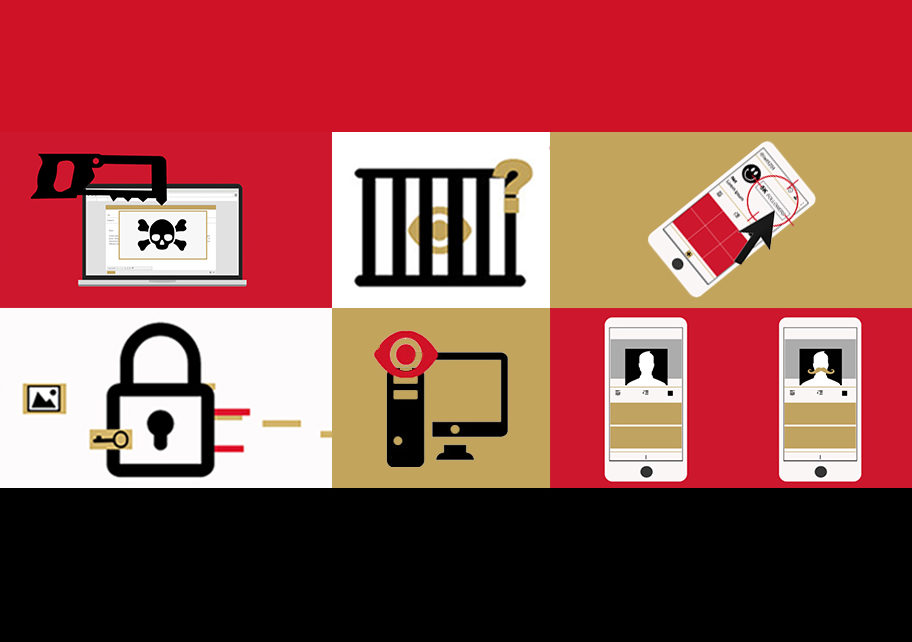In the two years since Egyptian President Abdel Fattah al-Sisi ratified the cybercrime law and passed a new media regulation law, the country’s crackdown on human rights defenders, activists, and influencers has gone from bad to much worse.
The cybercrime law authorizes online surveillance, blocking of websites, and monitoring of internet users and the use of communications services in Egypt. This is the most recent in a series of progressively harsher pieces of legislation passed since the current government’s victory in the 2015 election. The cybercrime and media regulation laws represent a nasty combination that limits freedom of expression and association, clamps down on independent media and the exchange of information, and further restricts online civic space.
Today in Egypt, the threat of police surveillance, arrest, imprisonment, and even torture or death is very real for far too many people. Everyone from investigative journalists, to members of the LGBTQ community, to TikTok influencers have been targeted for activities many people around the world are able to take for granted, including participating in free democratic discourse and processes.
This kind of legislation — purportedly aimed at addressing increasing national security threats, but in practice undermining human rights — is spreading across the Middle East and North Africa (MENA) region and beyond.
Take the quiz below to see how your everyday online activities could put you at risk in Egypt, then share your results to help spread the word about these rising threats to free expression.
ما مدى سهولة أن تذهب إلى السجن في مصر بناءً على ما تفعله عبر الإنترنت كل يوم؟
النتيجة يمكن أن تفاجئك!
